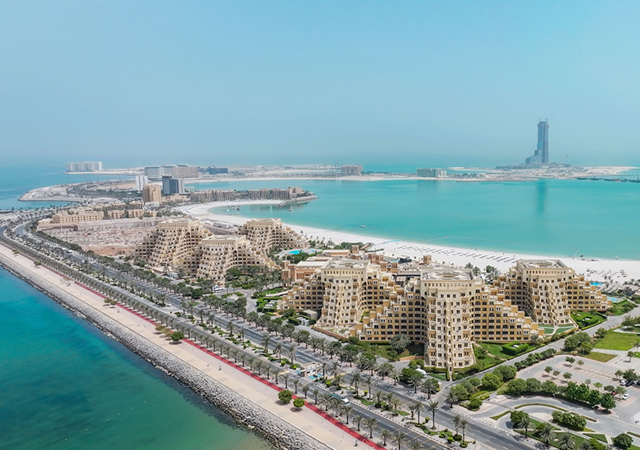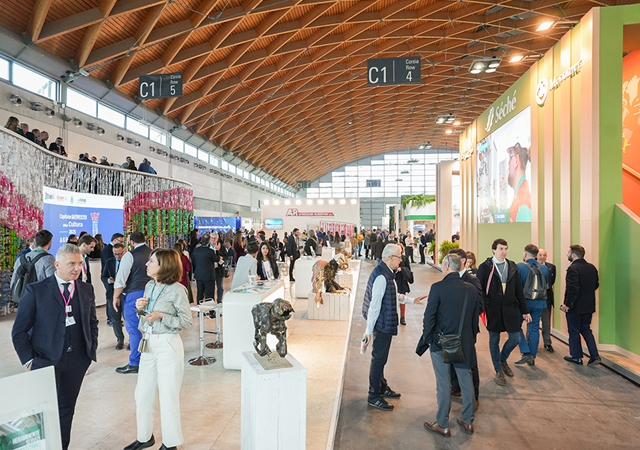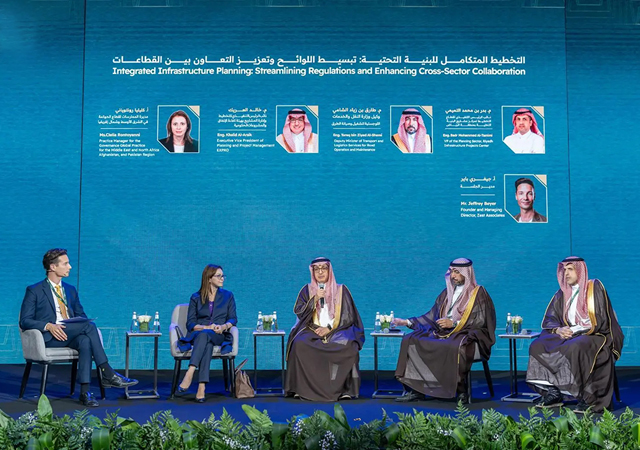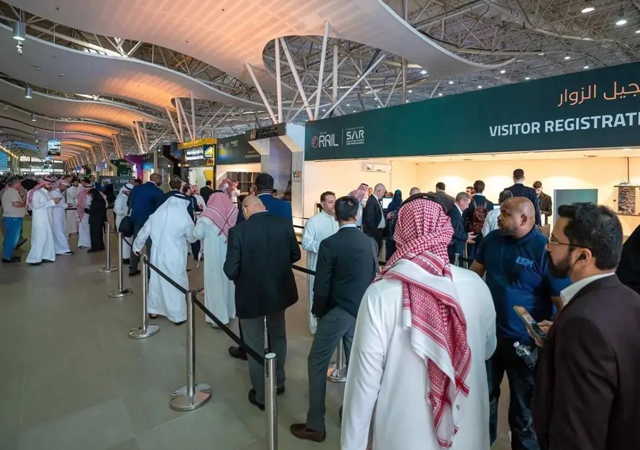
 The King Khaled International Airport in Riyadh ... an artist’s impression.
The King Khaled International Airport in Riyadh ... an artist’s impression.
OVER the past 18 months, TAV Construction has considerably boosted its regional tally of airport contracts by securing three key projects, its latest successes being a new terminal at King Khaled International Airport in Riyadh, Saudi Arabia.
The design and construction tender for the King Khaled International Airport (KKIA) Terminal 5 follows its earlier successes with the striking Midfield Terminal Complex in Abu Dhabi, UAE, and a major aircraft hangar project in Jeddah, Saudi Arabia.
The Turkish firm, which ranks among the top three airport construction companies in the world, is currently playing a significant role in building the region’s air transport infrastructure and creating world-class global aviation hubs.
TAV Construction brought its valuable know-how and expertise in airport development when it commenced its operations in the region a decade ago. Today, it has projects in Saudi Arabia, Qatar, Oman and the UAE and a portfolio that has reached $14.2 billion in current contract values in the wider Middle East and North Africa (Mena) region.
Having recently completed the construction of Hamad International Airport in Doha, Qatar, TAV is currently engaged in the Midfield Terminal at Abu Dhabi International Airport, a contract it clinched in May last year. In addition, it is involved in projects in Saudi Arabia as well as Oman.
“Airports are the gateways of nations to the world. These complex structures are being developed with utmost attention and governments or ministries employ the most distinguished designers and consultants. The fact that TAV has been preferred and selected over and over again to work on these demanding projects is indeed an important achievement,” Yusuf Akcayoglu, the company’s Middle East director, tells Gulf Construction.
 |
|
Akcayoglu ... Turkish expertise. |
TAV Group was founded with the build-operate-transfer contract for the Ataturk International Airport in Istanbul, Turkey, and rapidly grew to rank third in airport construction, as per the Engineering News Record (ENR) magazine.
The company’s core business is airport construction. It has a dynamic team who are experts in their fields. “With our flexible and responsive organisational structure and a well-connected and dynamic team, we are efficient in resource allocation which enhances our competitive position. With all these synergies and proximity, solid cultural and historical ties with the region, TAV has established itself as a reliable partner for these reputable project stakeholders,” Akcayoglu states.
Commenting on the reasons for the company’s triumph in the region, he says that the most important challenge and the path to success for contractors is establishing winning project teams.
“TAV sees human capital as its most important asset. We attract the most competent professionals and train our talents continuously. This is the key ingredient for yielding the most rewarding results.
“Led by our CEO Dr Sani Sener, our major shareholders have played a significant role in the creation of TAV’s ‘winner’ corporate culture. Aéroports de Paris Management Group, one of the world’s most influential airport companies, and Tepe Group, Akfen Holding and Sera Group – Turkey’s prestigious conglomerates that have a significant presence in various business lines in Turkey as well as in the region – are cornerstones of our success,” he says.
Ongoing projects
For its largest current contract – the Abu Dhabi International Airport’s Midfield Terminal building – the company has teamed up with Athens-based Consolidated Contractors Company (CCC) and Arabtec.
“Offering a total built-up area of 700,000 sq m, this terminal complex is an architectural masterpiece and, therefore, a very demanding project,” he says. “We are absolutely proud to be working for Abu Dhabi Airports Company (ADAC) and to have the opportunity to contribute to its vision to establish world-class aviation infrastructure in the emirate in line with Abu Dhabi’s 2030 Vision.”
The Midfield Terminal Complex will include the terminal building and passenger facilities as well as duty-free shops and restaurants for a total capacity of up to 30 million people a year.
In Saudi Arabia, meanwhile, TAV commenced operations with a remarkable momentum with the awards of the Prince Mohammad Bin Abdulaziz International Airport project in Madinah and the $800-million aircraft maintenance, repair and operation (MRO) facility for Saudi Arabian Airlines. Work on both these design-and-build contracts has started.
“At Madinah airport, in particular, we have achieved outstanding progress so far. Furthermore, just recently, the company was awarded the design-and-build project for the prestigious King Khaled International Airport Terminal Five building in Riyadh,” Akcayoglu says.
The design and construction of the King Khaled International Airport (KKIA) Terminal Five is the third tender TAV Construction has won in the kingdom.
TAV has partnered with important players in all these three projects. In Madinah, it is working in a joint venture with Al Arrab Contracting, Al Rajhi Holding’s contracting arm, and Saudi Oger; in Jeddah with Habtoor Leighton Group and Al Arrab; and with Al Arrab in Riyadh for the KKIA Terminal Five project.
TAV is part of the Tibah consortium that is working on the expansion of the Prince Mohammad Bin Abdulaziz International Airport under a PPP (public-private partnership) deal awarded in August 2011 by the General Authority of Civil Aviation (Gaca) of Saudi Arabia. The consortium will design, finance, build and operate the airport for 25 years. The first phase of the expansion includes the construction of a new terminal building and runway to increase passenger capacity to eight million yearly.
Riyadh airport’s Terminal Five is designed to triple the airport’s annual capacity to 25 million passengers per year on completion in three years. It comprises a passenger terminal and various auxiliary facilities. It also includes a multi-storey car-park, fire station, operation centre, power station, apron, airside infrastructure and the elevated roads and infrastructure works that will link Terminal Five to the existing terminals.
Meanwhile, in Oman, TAV continues to be involved on the Muscat International Airport MC-1 package, which calls for the landside and airside infrastructure works of the airport expansion.
Future outlook
TAV Construction is now eyeing a number of upcoming airport projects in the region. It sees Saudi Arabia as one of its primary targets for future expansion in the region where it is looking at some airports under the Gaca.
The new passenger terminal building project at Kuwait International Airport is also a very important tender that TAV has been closely following.
“We already received prequalification and we are waiting for the issuance of the tender documents by the authority,” he says.
Akcayoglu believes the Gulf region is geographically positioned as a natural hub for air transportation linking the West and Africa with the Indian subcontinent, Far East and Australia.
“Having envisioned the opportunity years ago and positioned themselves accordingly by investing in their fleets, Emirates, Etihad Airways and Qatar Airways have established themselves as real contenders for global leadership in the industry,” he says. “Furthermore, Dubai International Airport is now and Abu Dhabi and Hamad International Airport when opened will become exemplary facilities for global aviation hubs significantly raising the global standards to new heights.”
In his opinion, investments in the air transportation infrastructure as well as the fleet of national carriers are very well-planned moves as the region is set to become a hub for the global aviation industry. “The Emirates-Qantas and Etihad-Air France-KLM alliances and Qatar Airways’ joining the One World Alliance are game changers.
“In a region that records significant population growth and is a potential hub for China and India, we will continue to see GCC airports record larger growth rates every year,” he adds.
“Most remarkably, Dubai is taking decisive steps towards becoming the world’s Number One airport in terms of international passenger traffic. Dubai’s likely success in hosting the Expo 2020 as well as the Fifa 2022 World Cup in Qatar will even further enhance the region’s potential. TAV Construction is absolutely delighted to have taken a significant role in building the region’s air transport infrastructure,” Akcayoglu says.
Challenges
TAV Construction has close ties with the Mena region and from this perspective has an advantage. “However, with the massive investment poured by the region’s wise leaders, combined with the well-established business infrastructure, this geography has become a prime arena for competition among world-class construction firms where the fittest ones will survive.
“Fierce competition is challenging but in this race, companies are encouraged to develop their capabilities and seek innovations to realise ambitious projects. One day in the near future, the region will be home to the world’s top three tallest towers, the world’s largest airport and the world’s most comprehensive railway and metro network,” Akcayoglu remarks.
“Hence, although there are several challenges ranging from local regulations to supply chain bottlenecks, we, at TAV Construction, see this competitive environment as being full of opportunities, providing us a chance to establish a solid reputation for being reliable long-term project partners of our valuable clients. Also, in the long run, during our tenure in the GCC region, we will have acquired and adapted so many significant strengths within our company. Lessons learned at these projects will certainly be valued,” he adds.
Besides airport developments, TAV Construction intends to diversify its portfolio with building projects in the Gulf region, mainly super-tall towers and iconic buildings. Within the non-aviation sector, its activities so far have remained limited to Dubai where it has completed three towers and a shopping mall project to date. Its only ongoing project in this segment is the Marina-101 Hotel and Residences, a 425-m, 100-storey tower at Dubai Marina, which is nearing completion.
“We certainly want to solidify our position in building projects further and the UAE and Qatar will be the venues for realisation of this target,” says Akcayoglu.
In Qatar, TAV is bidding for a prestigious and iconic super-tall tower project.
“Having realised the passenger terminal complex at the Hamad International Airport, we are now very experienced and well-established in the country. This project is an absolute source of pride for us and we believe that it will set new standards for airport terminal buildings,” says Akcayoglu.
Having established a foothold in key markets in the region, TAV Construction looks set to broaden its horizons in the Gulf not only in the aviation sector but also in building landmark high-rises.



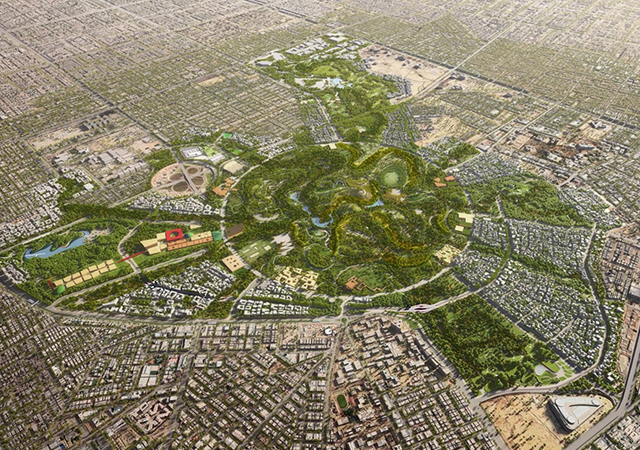
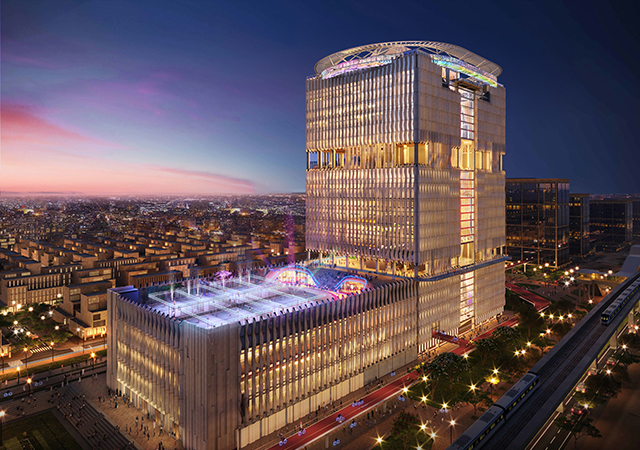
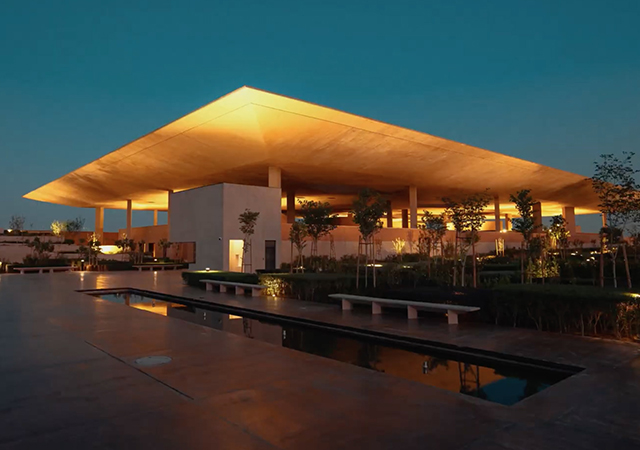
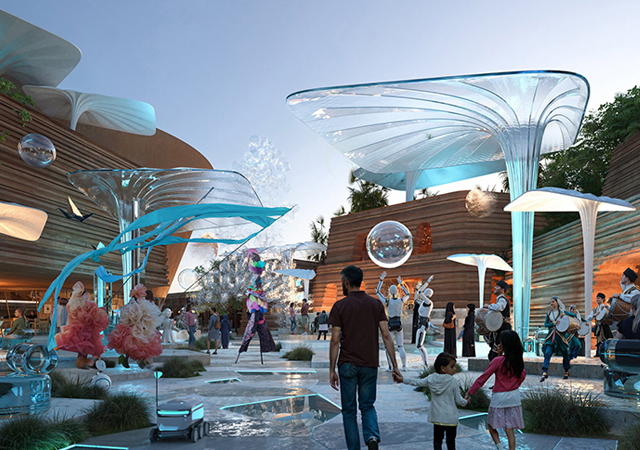
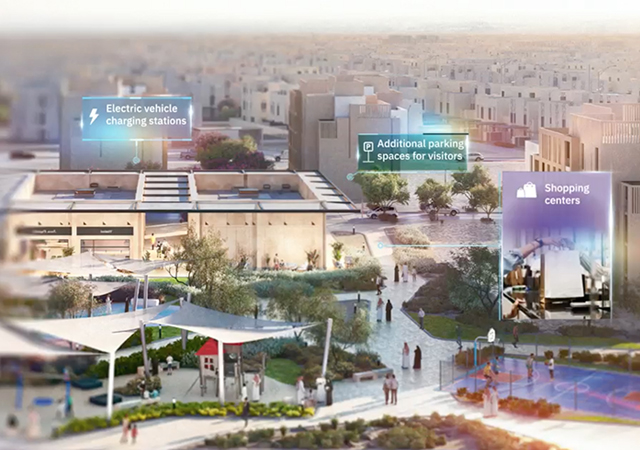
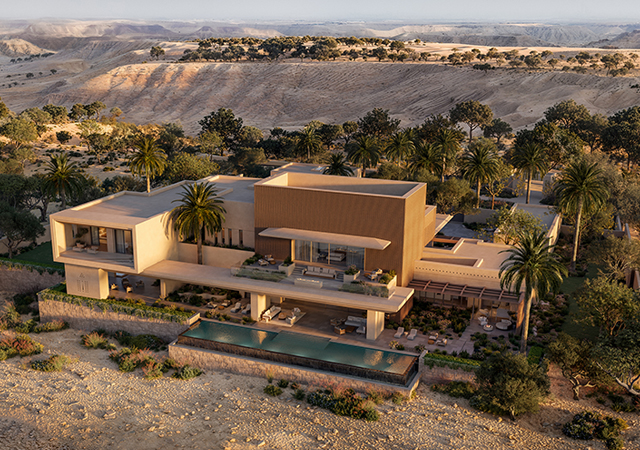
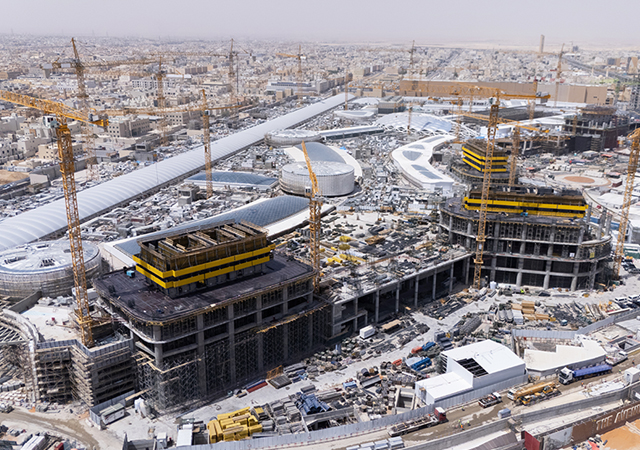
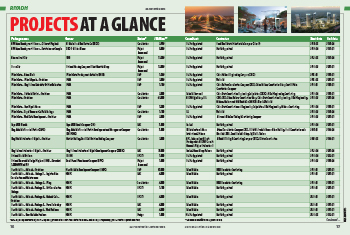
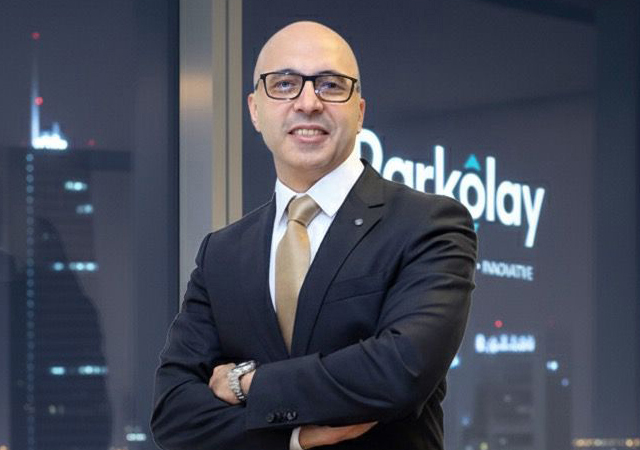
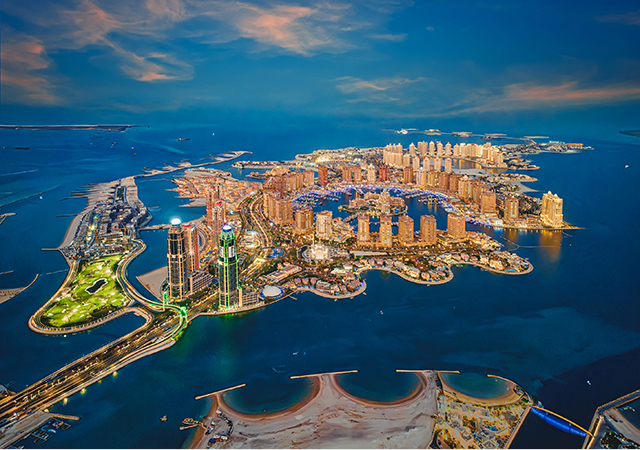

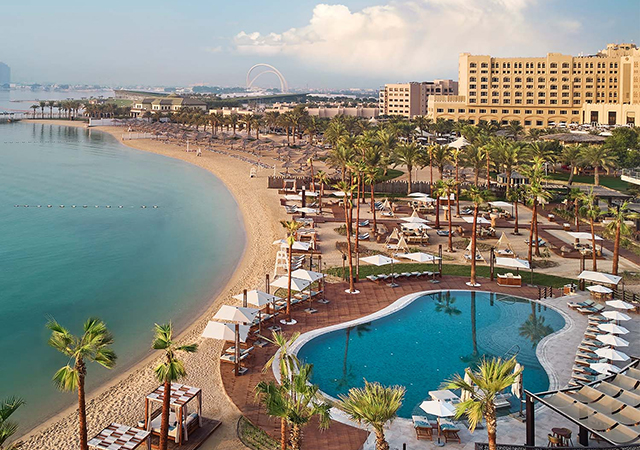
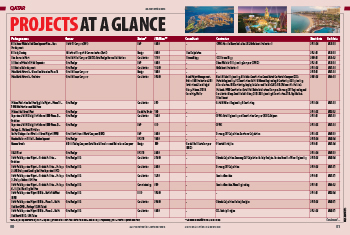
.jpg)
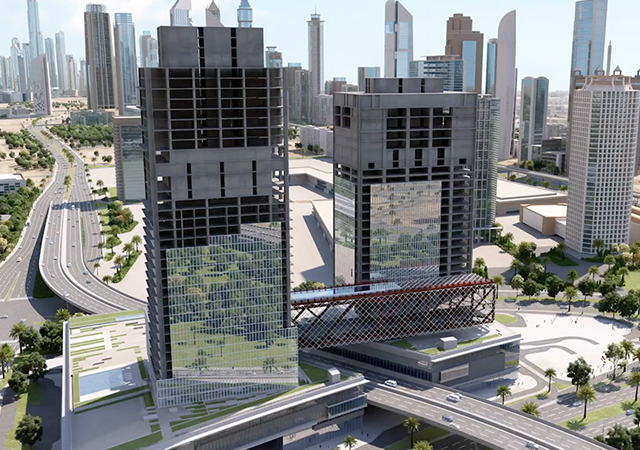

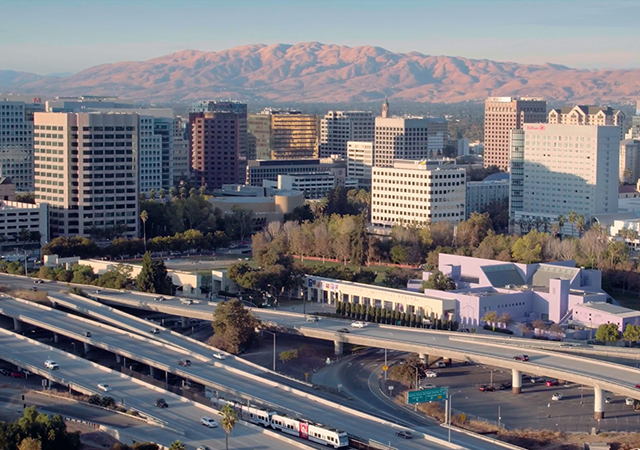
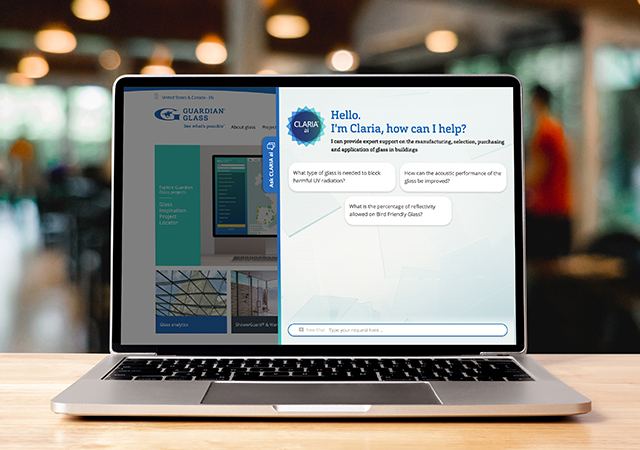

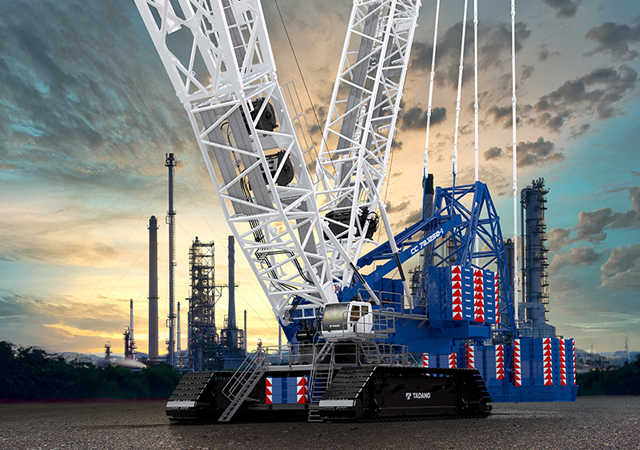
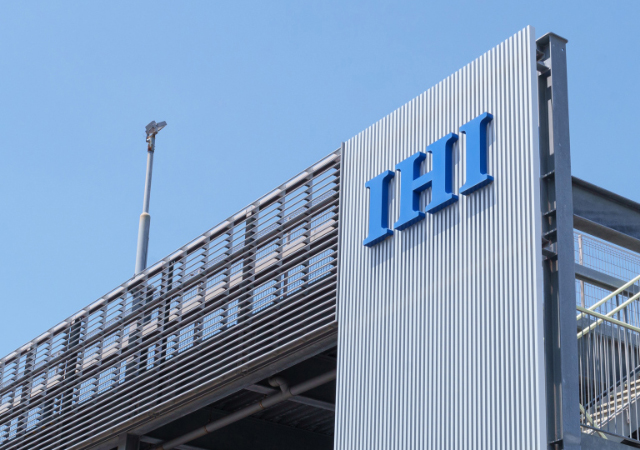
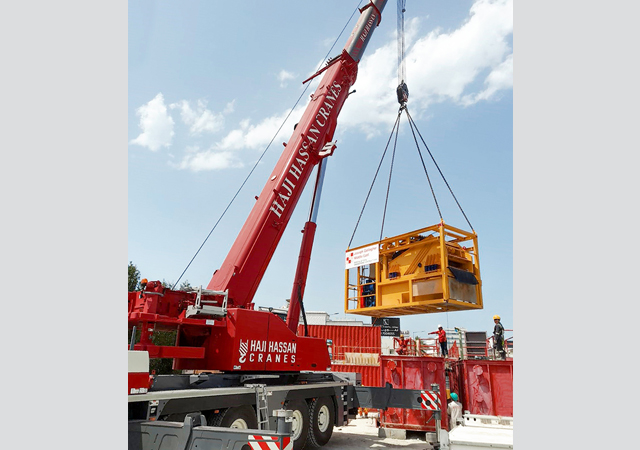
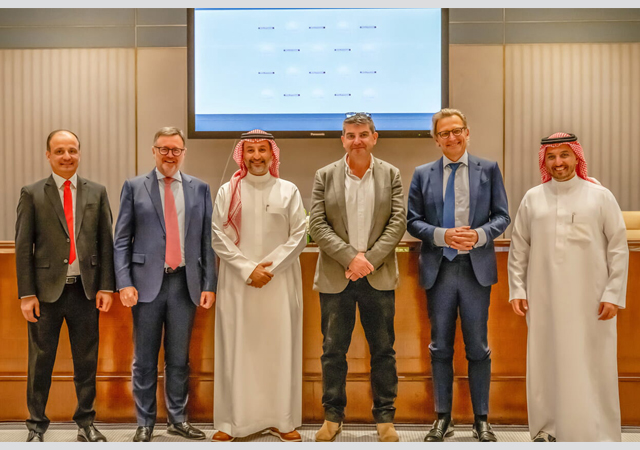
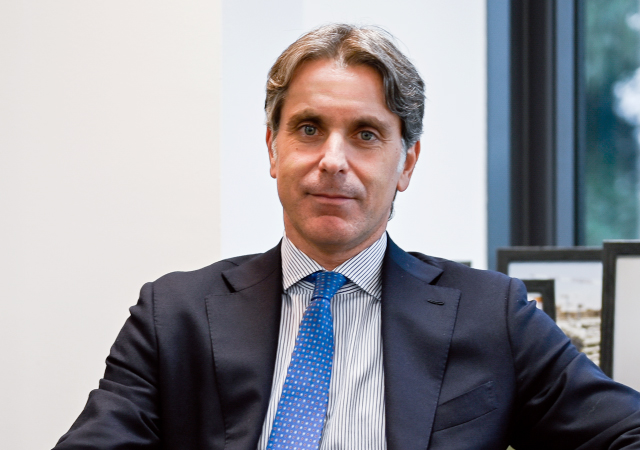
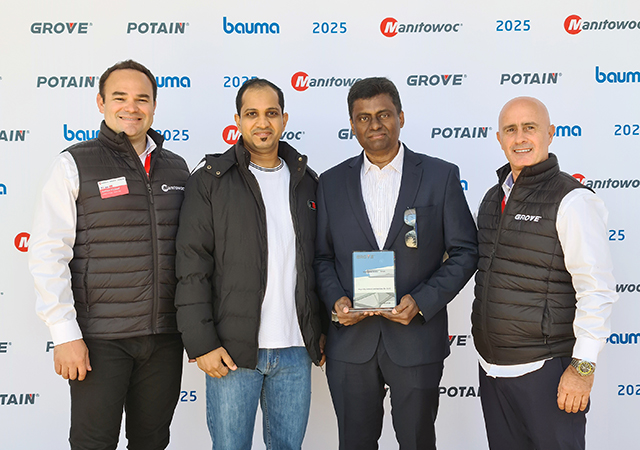
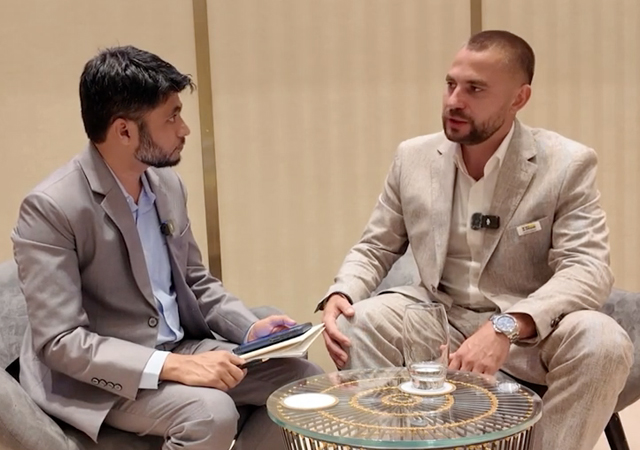
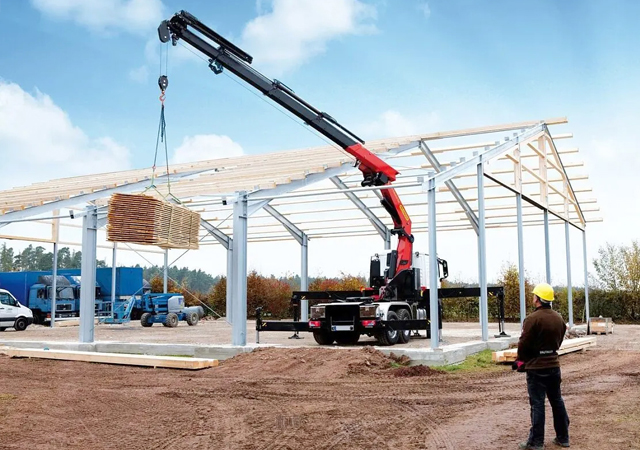
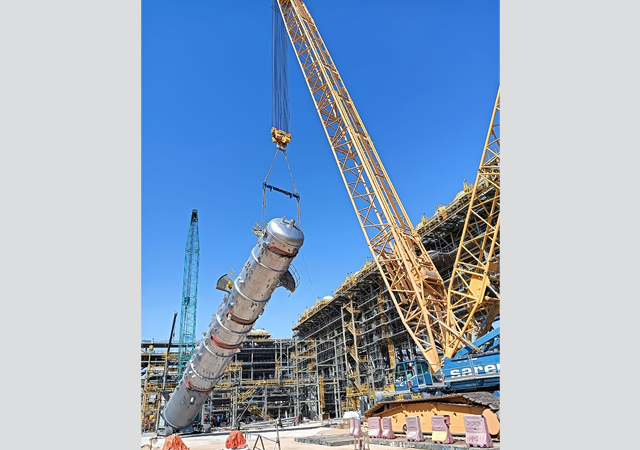
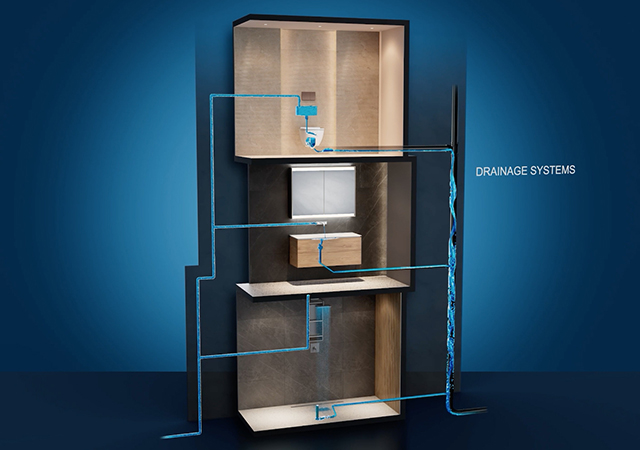
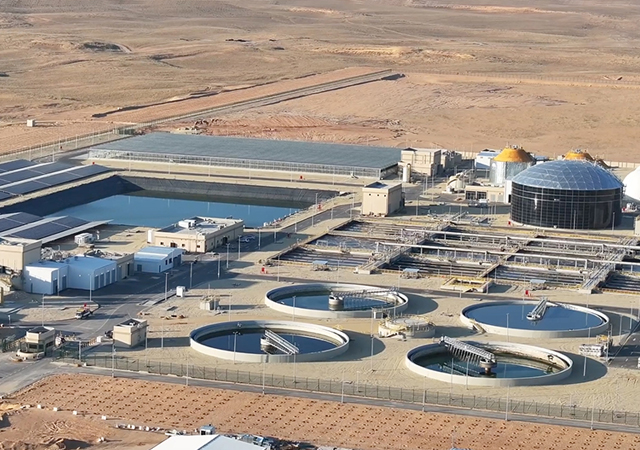

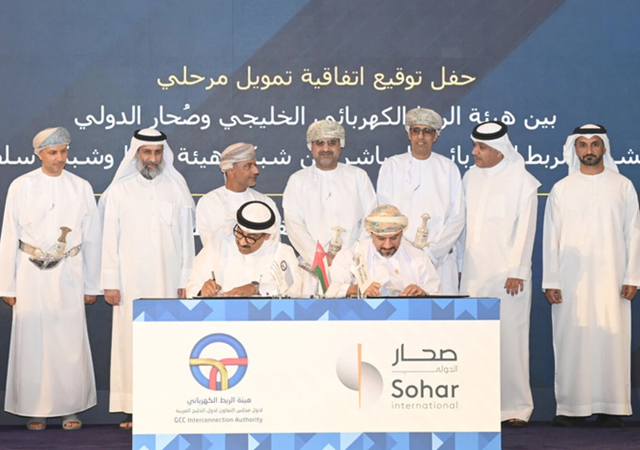
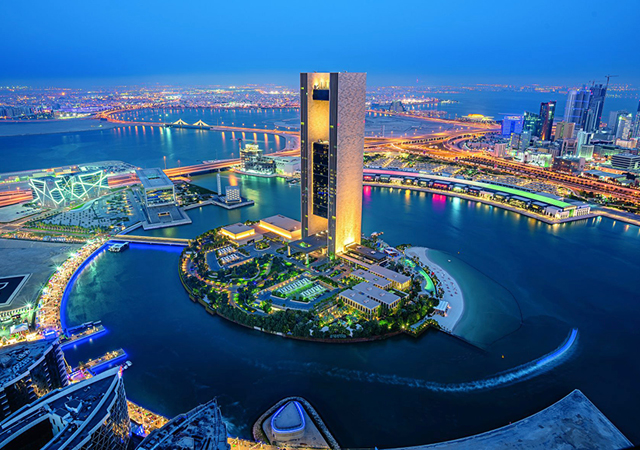
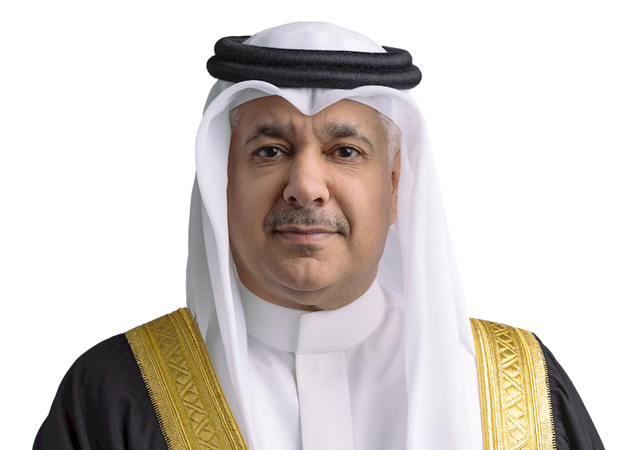
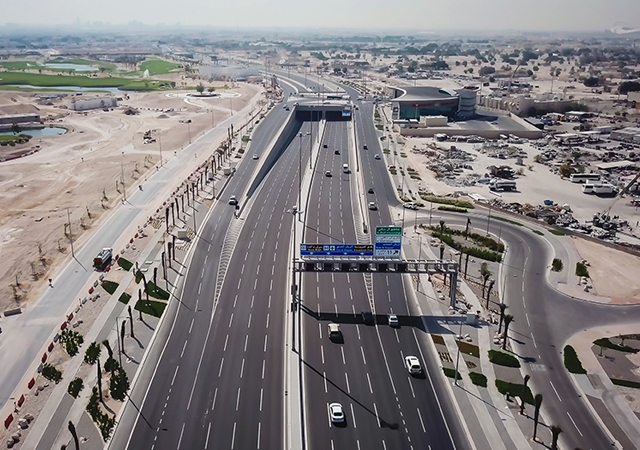
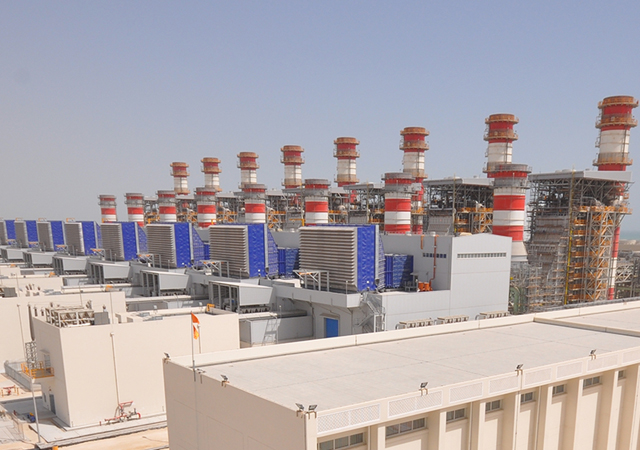
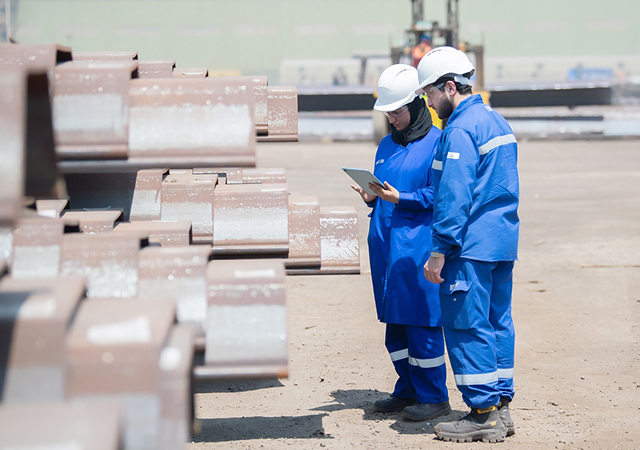
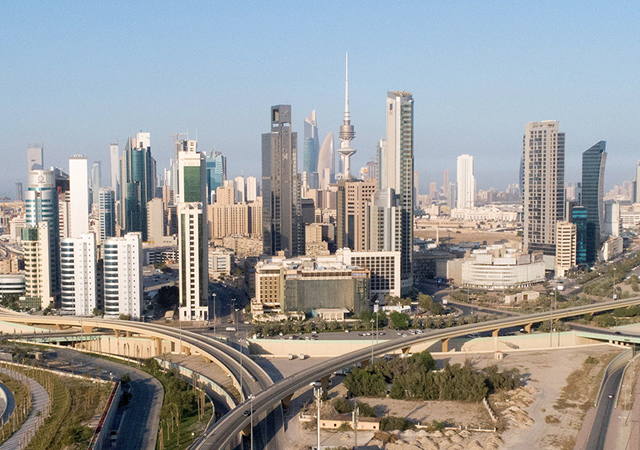
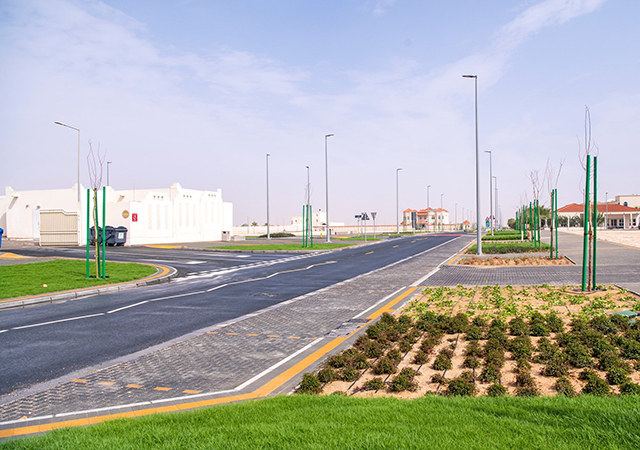
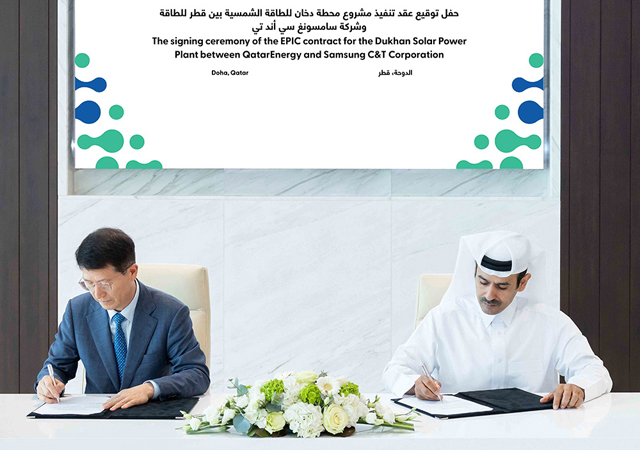
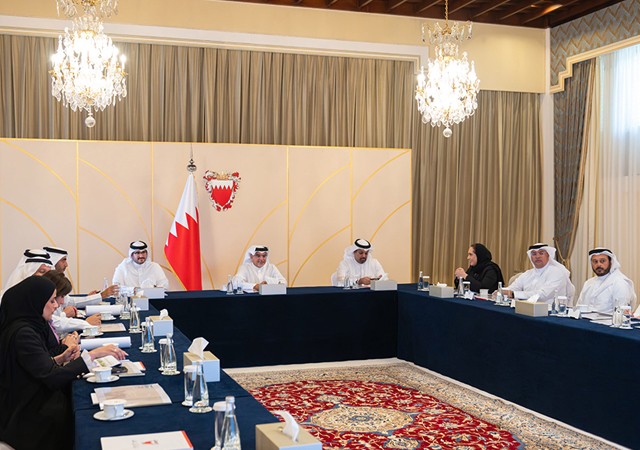

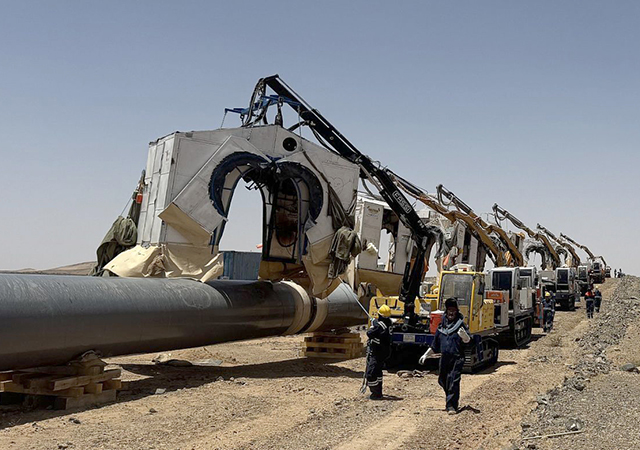
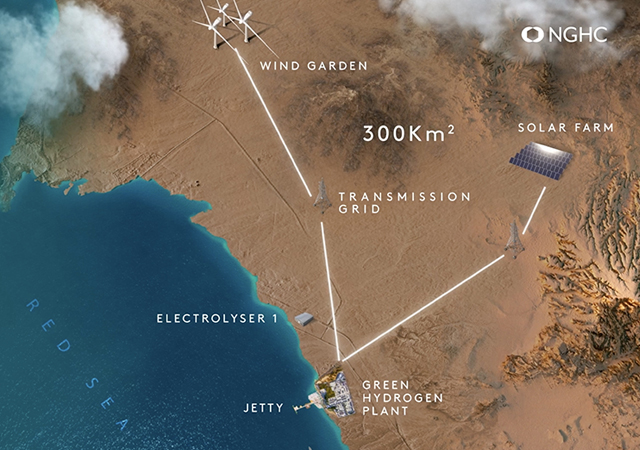
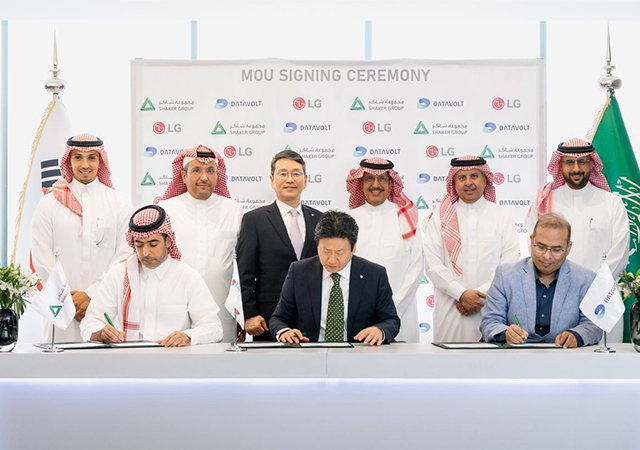
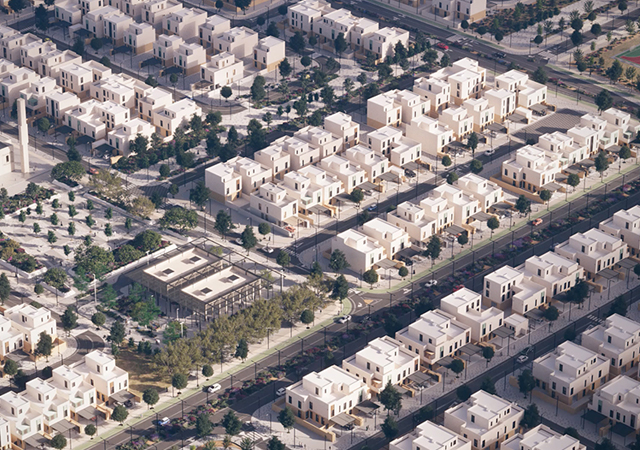
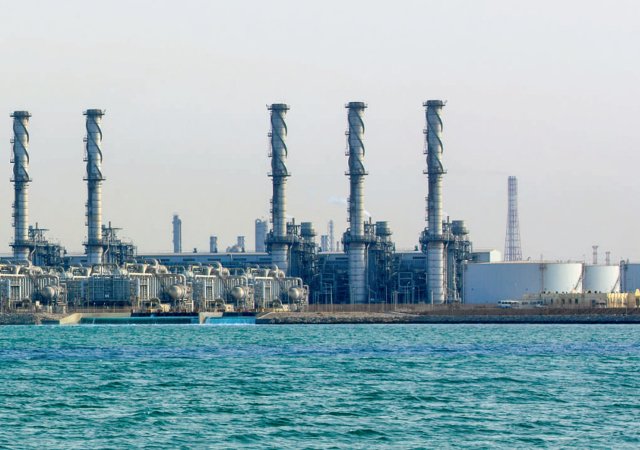
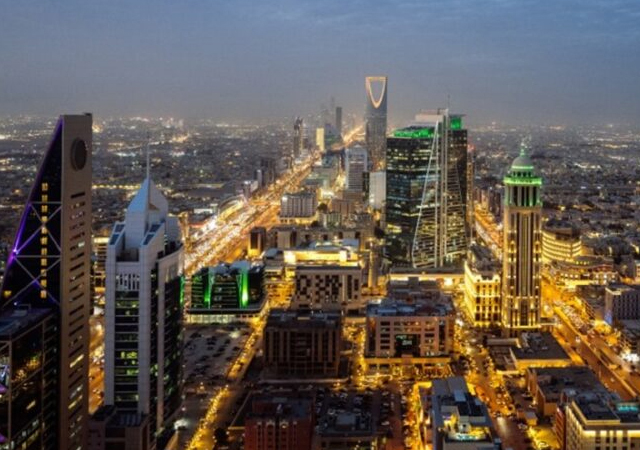
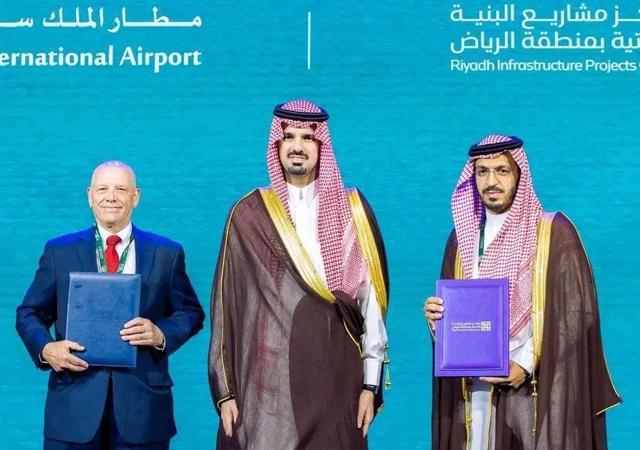
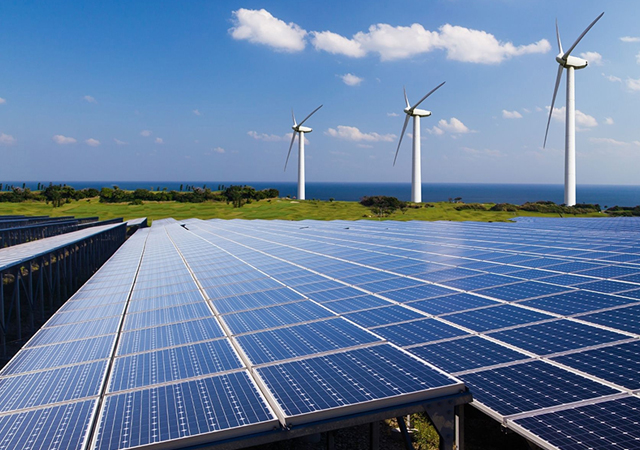
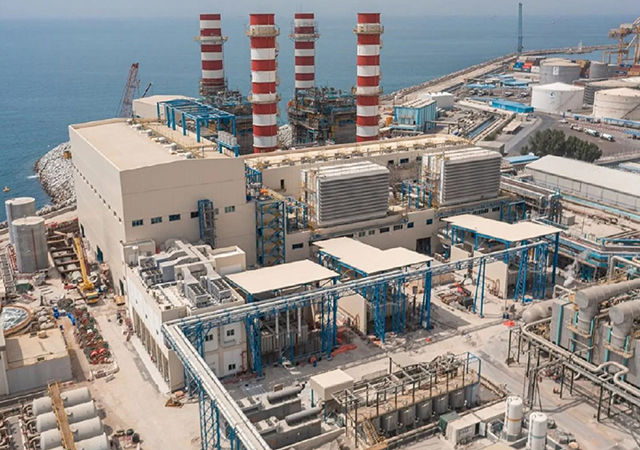
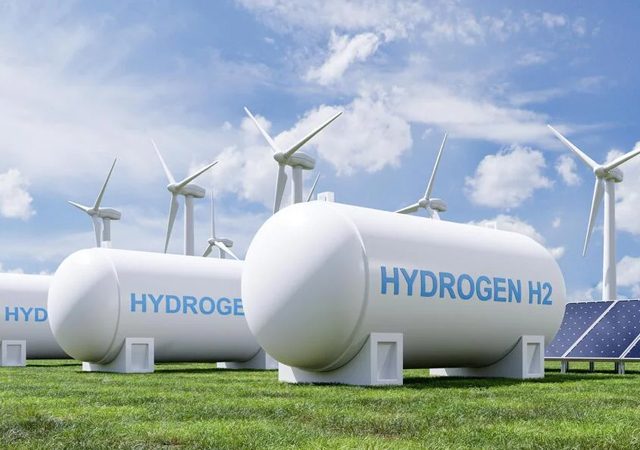

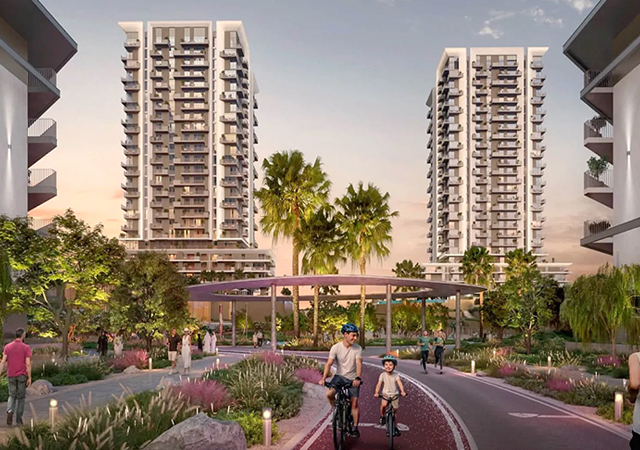
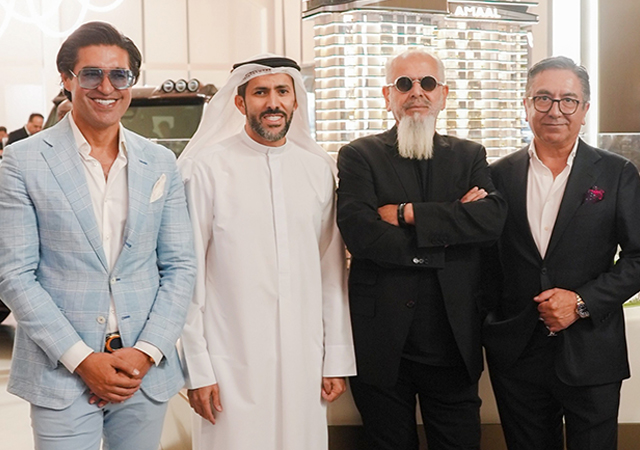
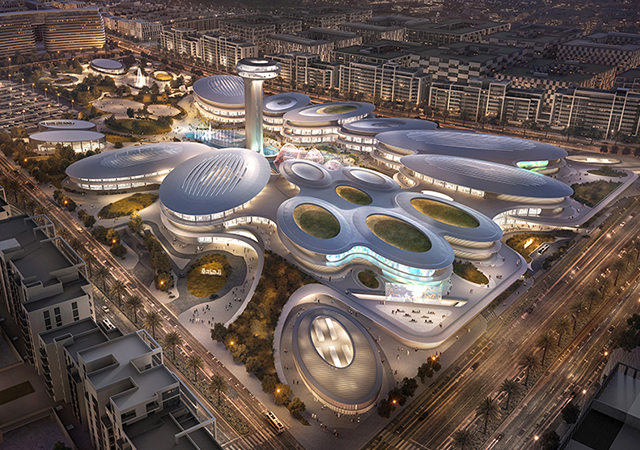
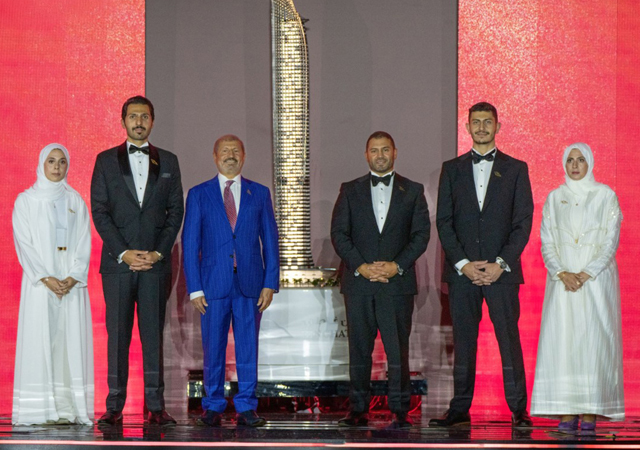
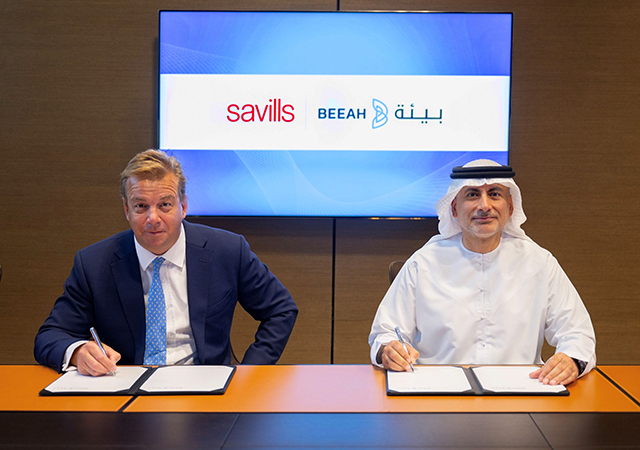

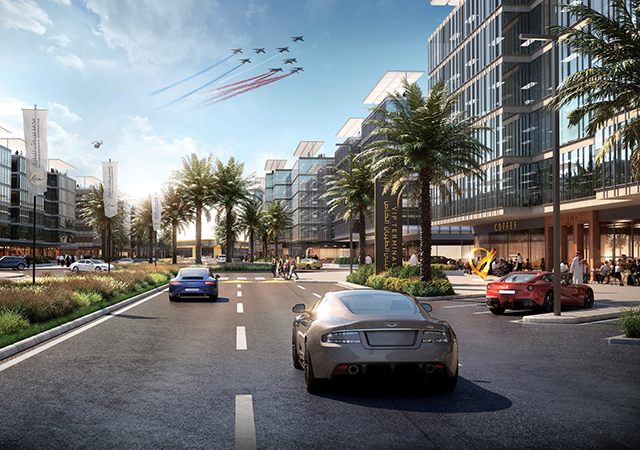
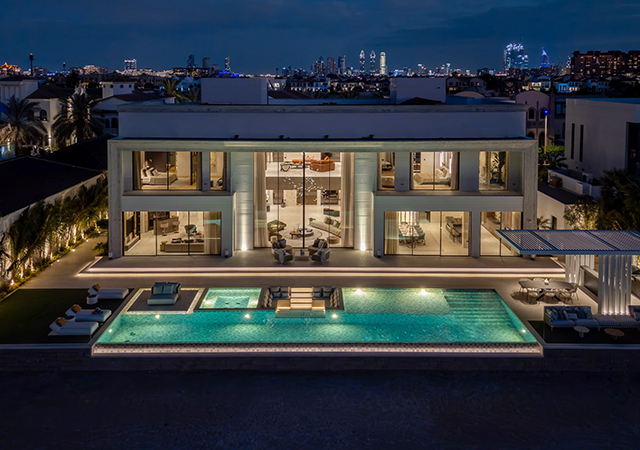
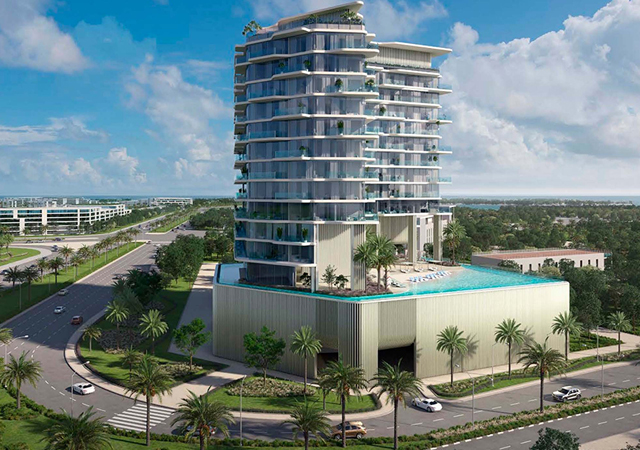
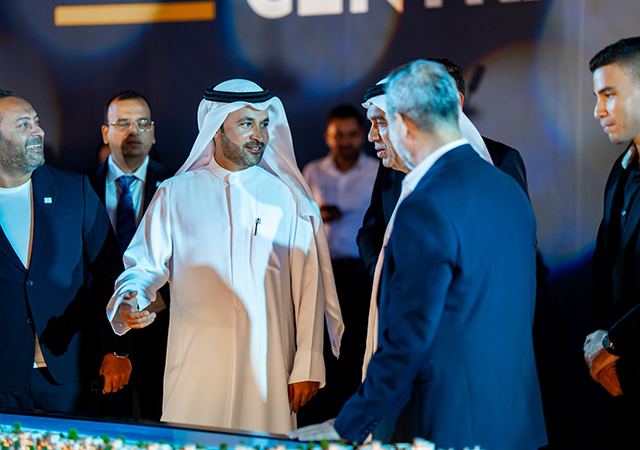
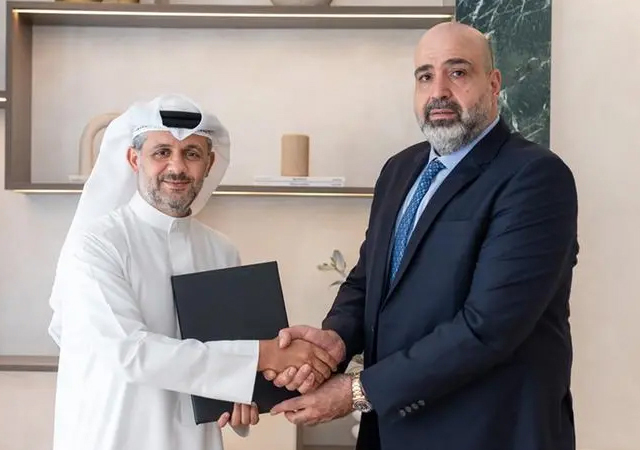
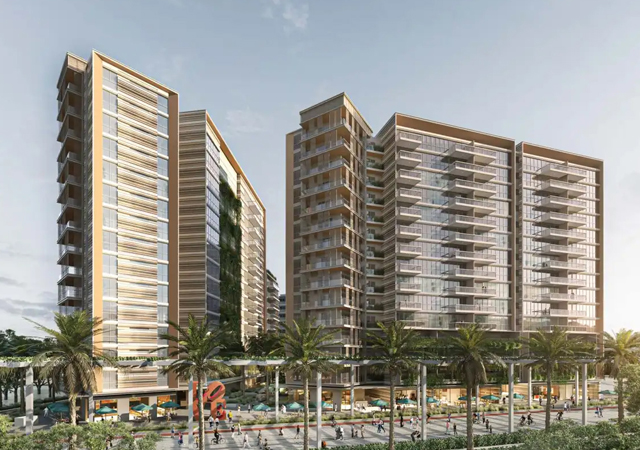
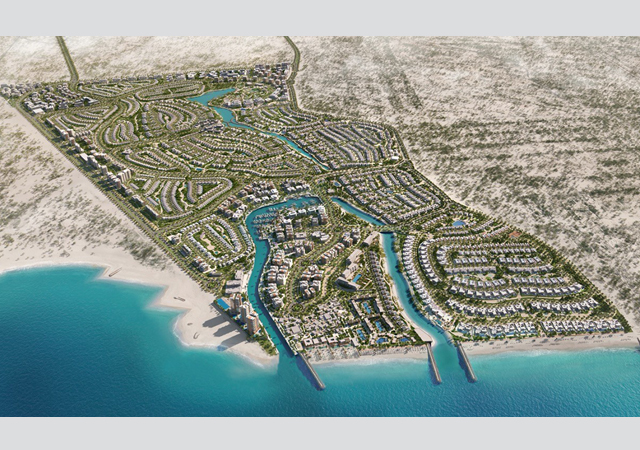
.jpg)
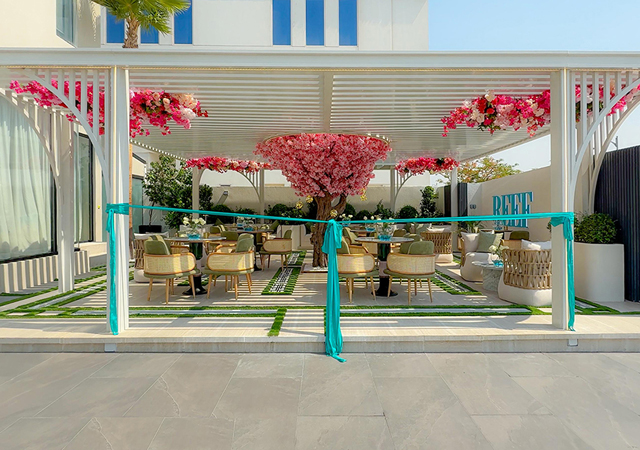
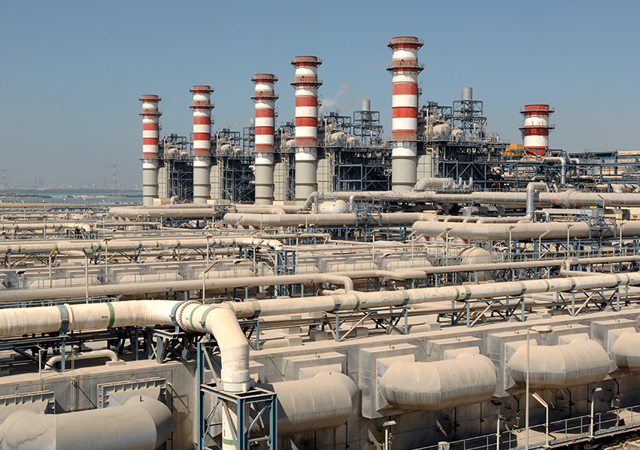
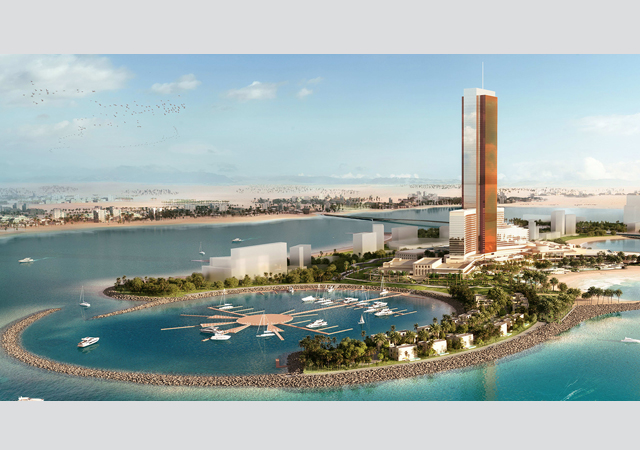
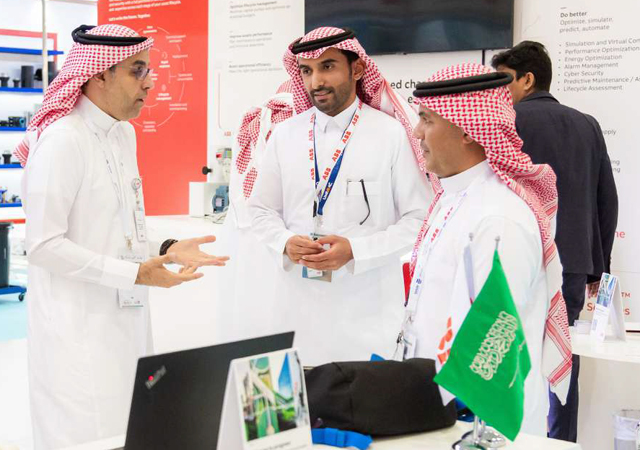
.jpg)
